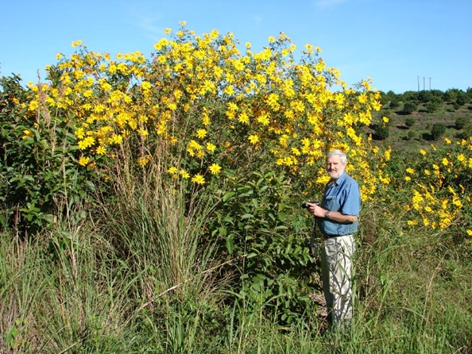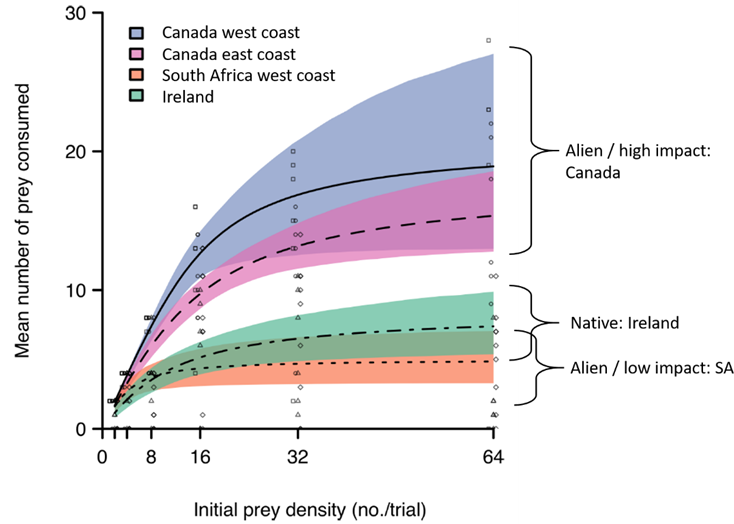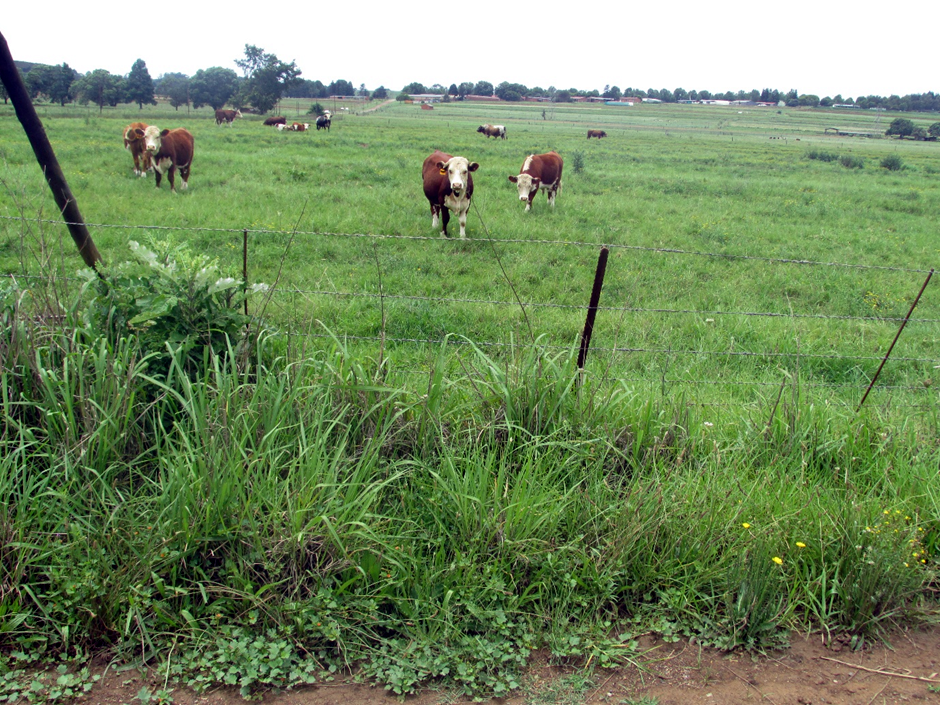Mexican sunflowers are harmful to rural African farmers
Mexican sunflowers (Tithonia species) are promoted as a green manure, but a survey of rural farmers revealed that these species are invasive, and have substantial negative impacts in addition to their benefits.





